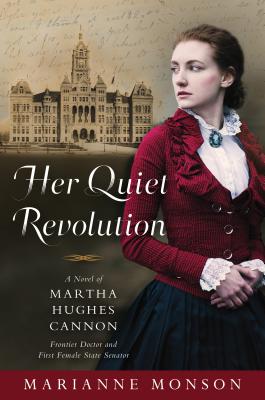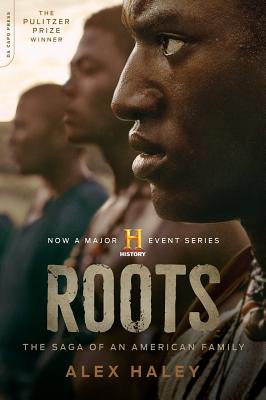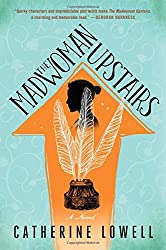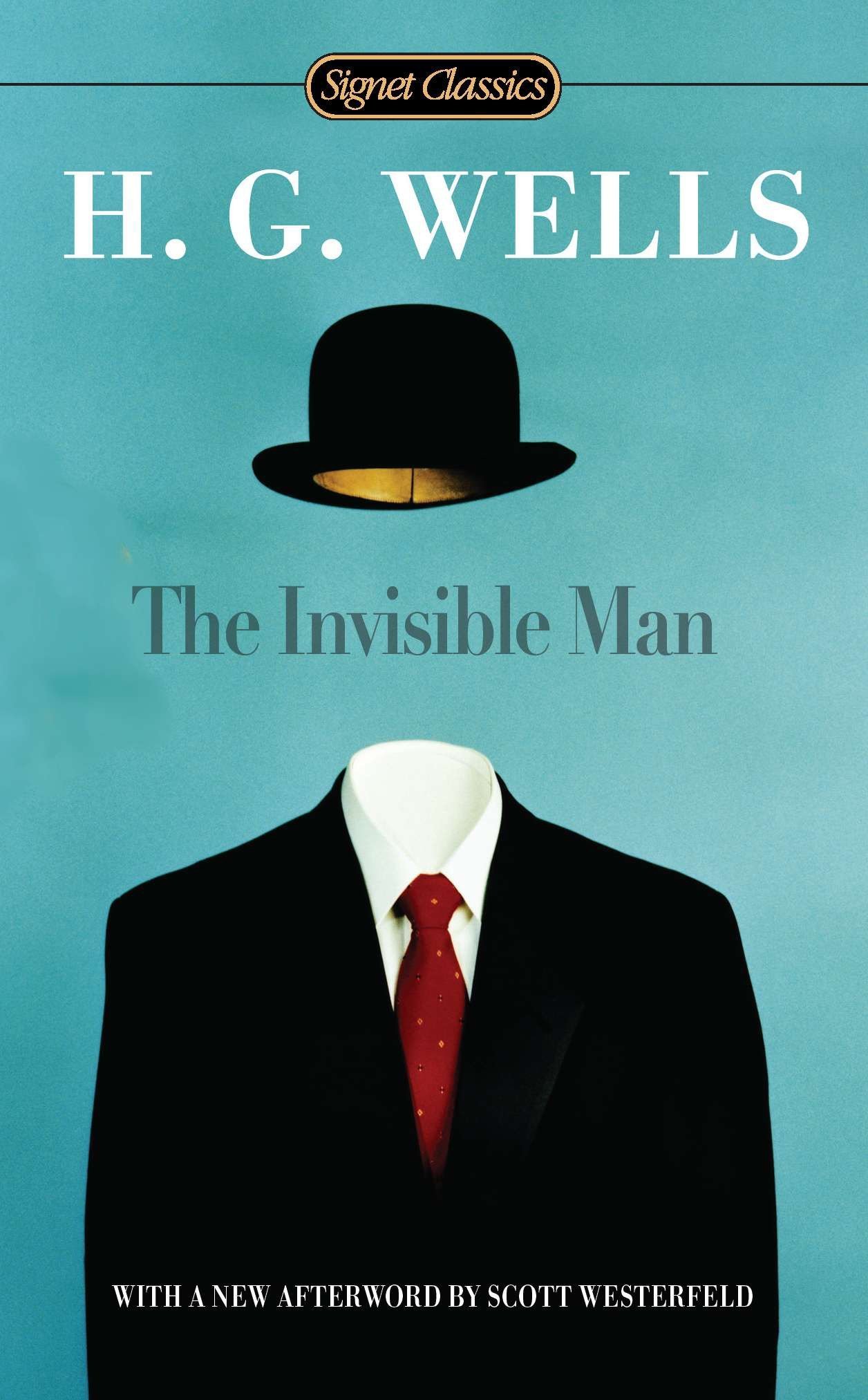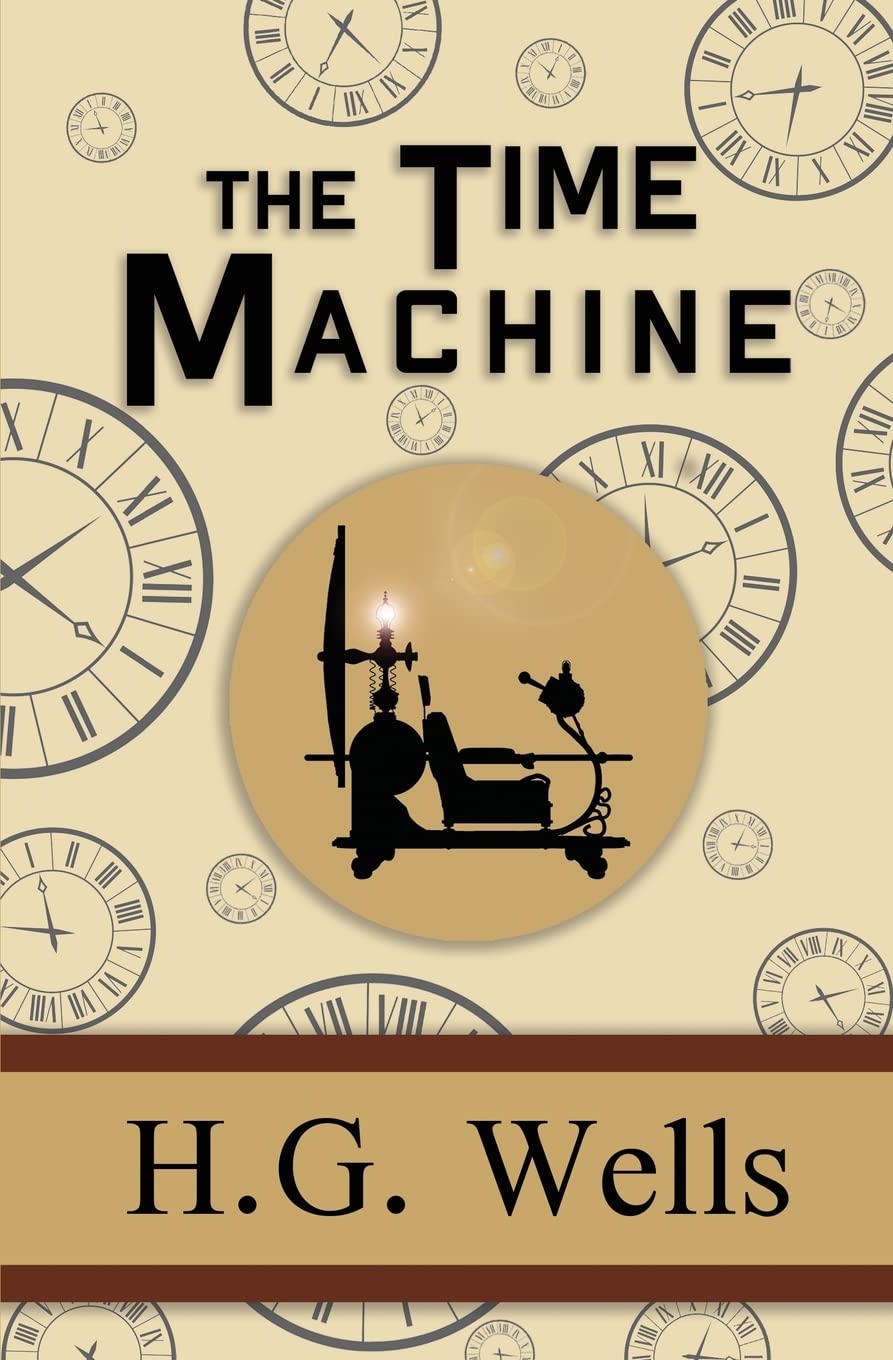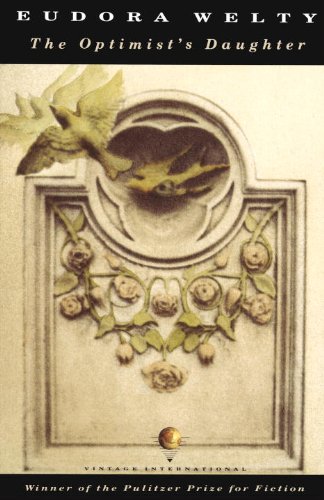As a woman, getting a medical degree in the 1880s was no small task, and Martha Hughes Cannon was determined to do so in order to better serve those in her Utah pioneer community. Her Quiet Revolution by Marianne Monson (Shadow Mountain, 2020), a work of historical fiction, captures the life of this frontier doctor,
